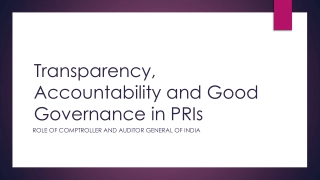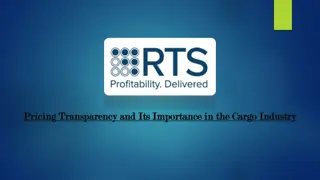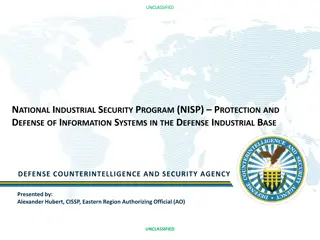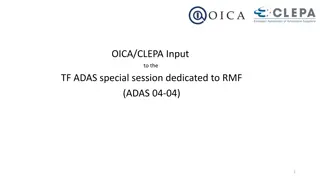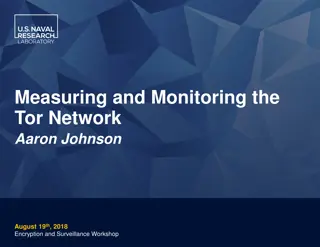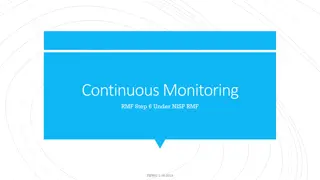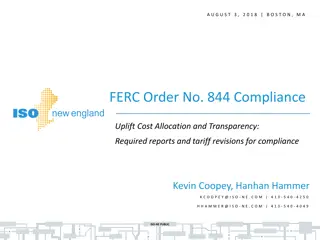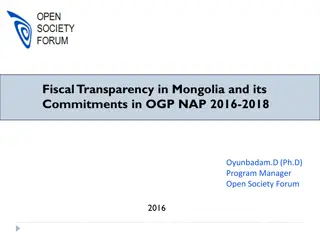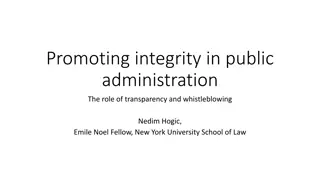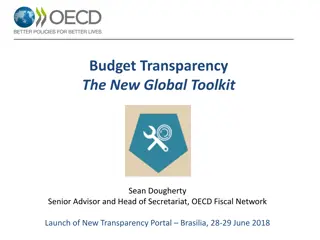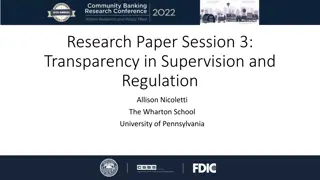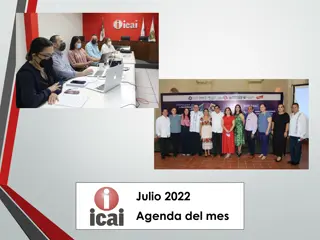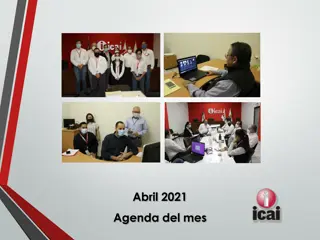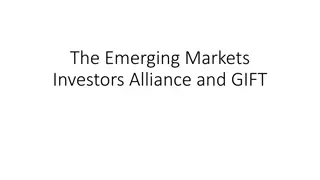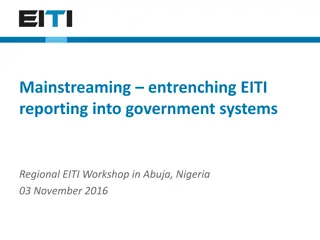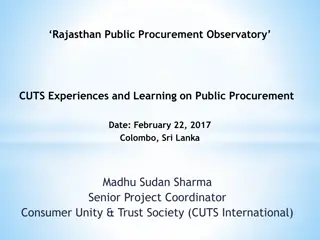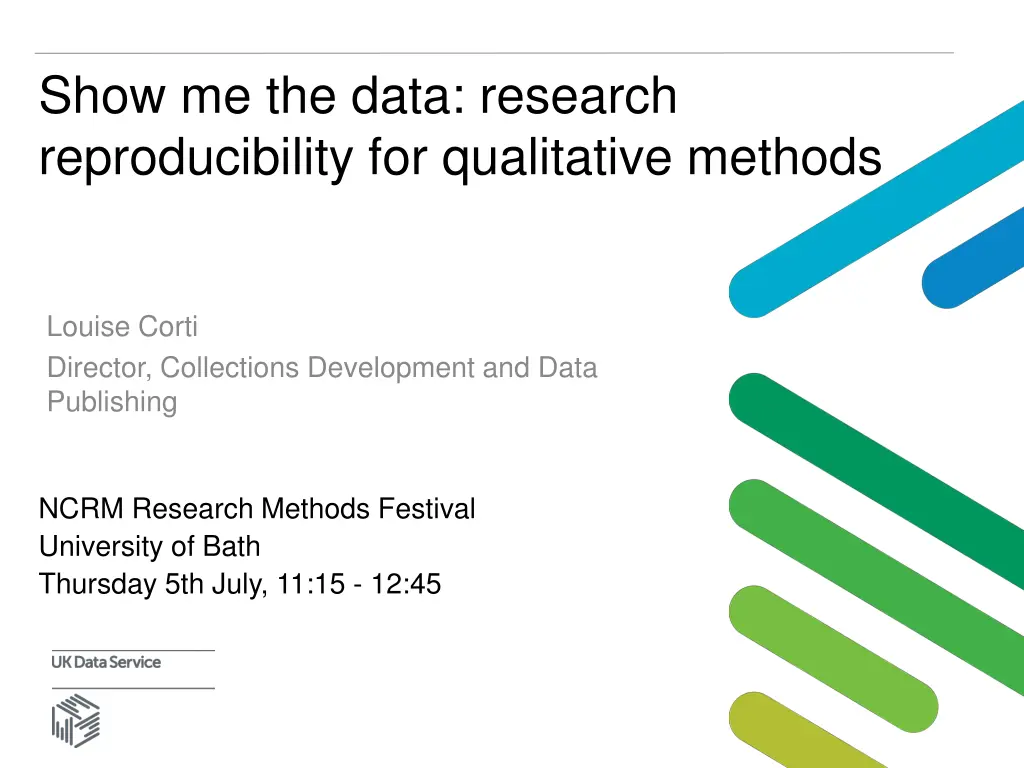
Research Reproducibility in Qualitative Methods: Challenges and Opportunities
Explore the debate around reproducibility in qualitative research, including the increasing push for transparency and data sharing. Understand the terminology confusion in open research and discover ways to enhance process transparency and uphold integrity in qualitative studies.
Download Presentation

Please find below an Image/Link to download the presentation.
The content on the website is provided AS IS for your information and personal use only. It may not be sold, licensed, or shared on other websites without obtaining consent from the author. If you encounter any issues during the download, it is possible that the publisher has removed the file from their server.
You are allowed to download the files provided on this website for personal or commercial use, subject to the condition that they are used lawfully. All files are the property of their respective owners.
The content on the website is provided AS IS for your information and personal use only. It may not be sold, licensed, or shared on other websites without obtaining consent from the author.
E N D
Presentation Transcript
Show me the data: research reproducibility for qualitative methods Louise Corti Director, Collections Development and Data Publishing NCRM Research Methods Festival University of Bath Thursday 5th July, 11:15 - 12:45
Session Tweeting #RMF18 #reproducibility #qualidata #IDocumentMyData @UKDSRDM
Todays debate In quantitative methods, reproducibility is held as the gold standard for demonstrating research integrity Threats to scientific integrity, such as fabrication of data and results have led to some journals now requiring data, syntax and prior registration of hypotheses to be made available as part of the peer-review The reproducibility of qualitative research has been questioned but has also been protected from the recent transparency agenda. But for how long? What if journals begin to mandate the sharing of data and analysis for qualitative research?
International transparency agenda Increasing drive for openness and sharing value and transparency Funders, Professional Societies and Journals driving open research mandates Data sharing: RCUK Common Principles on Data Policy UK Parliamentary Science and Technology Committee Inquiry on Research Integrity - so-called 'crisis in reproducibility' of research
But, a slight terminology crisis Open research Open science Open access Open data Open Research Open Data
Integrity Transparency Reproducibility Verification Replication Restudy Follow-up
Replication and process transparency Much fieldwork is impossible to fully replicate But, we can better expose methods/process transparency What evidence /documents can help provide this? What is the qualitative equivalent of code/syntax? Surely depends on the level of immersivity Can we respond to questions around quality of qualitative research more positively by better showing methods and data? Or not?
Advocating methods /data sharing benefits Fundamental in collaborative and multi-stakeholder projects Extend voices of participants Make best use of hard-to-obtain data, e.g. elites, socially excluded, over-researched Not burden over-researched, vulnerable groups Provide greater research transparency In each, ethical duties to participants, peers and public may be present
Documenting Methods and Data Documentation of method Described method in articles, often highly sanitized; unlikely to be fully transparent Raw and derived data in qualitative research What counts as data ? What is replication data a subset of whole data? Ethical issues in exposing data Time and cost to prepare, often not planned well
Providing research context through data? Research Data Policy in place in UK since 1995 People share what they feel they can share Hard to see exactly what data were created, what methods were used and what fieldwork represented the research Evidence base: 1000 qualitative data collections shared Context debate about reusing data in sociology dating back to 1995 (UK Qualidata). Literature Guidance on how to do context Lots to learn from historians on methods for assessing provenance and assessing value of a data collection
The Data Paper Provides a good link between a published paper and underlying data sources and the methods narrative
Analytic transparency Linking a claim to a data source(s) Annotation for Transparency Initiative (ATI)) facilitates transparency in qualitative research by allowing scholars to annotate specific passages in an article. Annotations amplify the text and include a link to one or more data sources underlying a claim; data sources are housed in a repository A challenge for qualitative research not simple running code assumptions about the sources (e.g. historical memo) But, a slippery slope?
We are here to debate reproducibility approaches, issues, and what standards for process transparency might look like for qualitative research
Questions How can we respond positively to transparency calls? What is the evidence and where should it sit? What are some of the issues and challenges? How do publishing outlets journals and data archives work together to solve this? What advocacy and training do we need and when should it start?
Our speakers today Dr. Nicole Janz, Assistant Professor in International Relations, The University of Nottingham @polscireplicate Learning how to do research reproducibility in political science Prof. Sarah Nettleton, Department of Sociology, University of York Crisis what Crisis? Can qualitative data archiving enhance transparency? Maureen Haaker, Senior User Support Officer, UK Data Service @mahaake Some practical protocols for transparency for qualitative research

